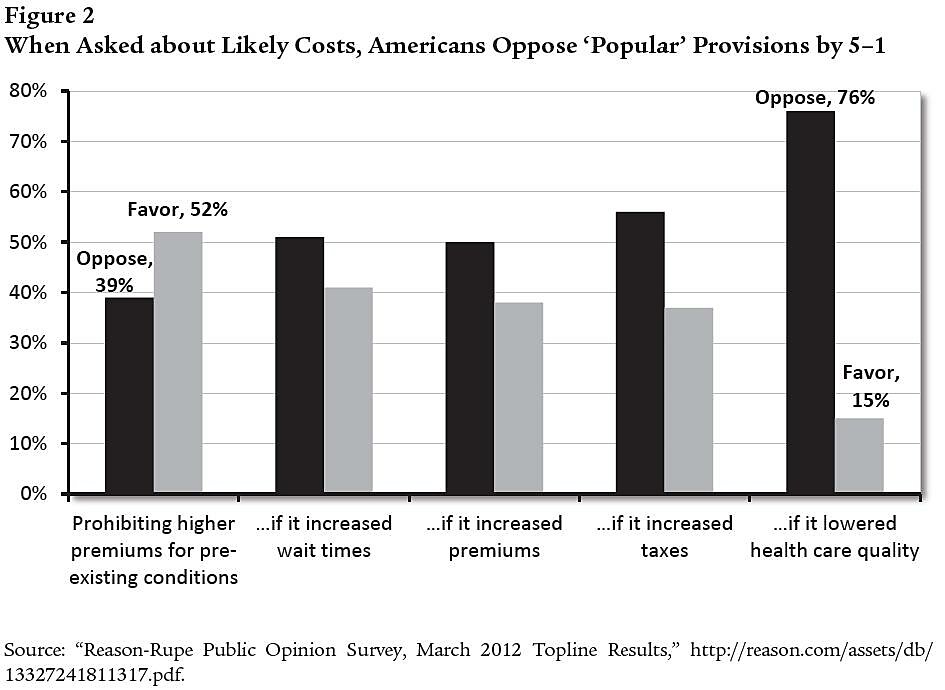As Georgia’s legislature considers a bill to expand the state’s scholarship tax credit (STC) program and increase transparency, some are calling for additional regulations. Writing in yesterday’s Atlanta Journal-Constitution, Adam Emerson of the Thomas B. Fordham Institute argued that the Peach State should require private schools that accept scholarship students to administer standardized tests. That would be a mistake.
Emerson argues that parents, educators, and policymakers “deserve to compare the gains that students make in different school environments.” Test scores can be a useful, albeit limited and incomplete, method of comparing the academic effectiveness of different schools. Under the current system, parents are free to choose private schools that administer standardized tests and avoid those that do not or vice-versa. Likewise, donors are free to direct their money to scholarship organizations that only fund schools that do or do not administer standardized tests.
By contrast, a testing mandate would severely limit or even eliminate these choices. Parents who are concerned about the “teach to the test” phenomenon or whose child reacts negatively to testing, and educators who believe that standardized testing gets in the way of real learning will have little to no choice but to participate in the standardized testing regime, as even Emerson agrees.
Emerson argues that the vast majority of private schools would still participate in the STC program even with a standardized testing mandate. He cites a recent Fordham study of the impact of regulation in school choice programs showing that “only 3 percent of non-participating schools cited governmental regulations as the most important reason to opt out.” That’s exactly the problem. The mandate would force private schools to choose between eschewing both the tests and all the students who need school choice scholarships to attend their school, or accepting both. Unsurprisingly, the vast majority of schools succumb to the financial pressure.
Researchers tend to support testing mandates because they allow them to evaluate the effectiveness of certain reforms, at least to an extent. But the very act of measurement itself can distort the very thing they are trying to measure. Even aside from the cheating scandals, the tests create strong incentives for teachers to teach differently in order that their students perform well on the test.
Of course, some will argue, “that’s not a bug, that’s a feature!” They support standardized tests as a means of increasing accountability. “If you want to move something, you have to measure it,” they argue, and they have a point. But standardized tests are not the only way to measure learning. Supporters of standardized testing know that, but they want a uniform measures so that they can compare apples to apples. The problem is that uniform measures create a powerful incentive to move toward uniform behavior. As James Shuls of the Show-Me Institute wrote recently:
The fact is that curriculum standards don’t tell teachers how to teach in the same way that a high jump bar doesn’t tell a jumper how to jump. You could theoretically jump over a high jump bar in whatever way you would like; but because of how the jump is structured there is a clear advantage to doing the old Fosbury Flop.
While standardized tests are not as imposing as curriculum standards, what’s on the test can drive what is taught in the classroom, when it is taught, and how it is taught. Professor Jay P. Greene argued along similar lines regarding national standards:
Such uniformity would only make sense if: 1) there was a single best way for all students to learn; 2) we knew what it was; 3) we could be sure the people running this nationalized education system would adopt that correct approach; and 4) they would remain in charge far into the future. But that isn’t how things are. There is no consensus on what all students need to know. Different students can best be taught and assessed in different ways.
Standardized tests create an incentive for uniformity when we should be fostering a diversity of traditional and innovative pedagogical methods. To the extent that researchers, policymakers and some educators believe that standardized tests are useful, they should make their case in the free marketplace of ideas and encourage parents to choose the schools that administer them. What they shouldn’t do is use the coercive power of government to fashion a top-down system of testing that could squelch diversity and innovation.
